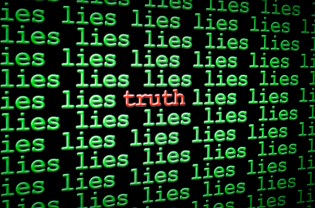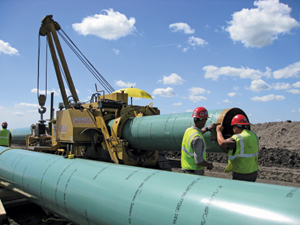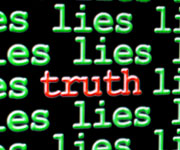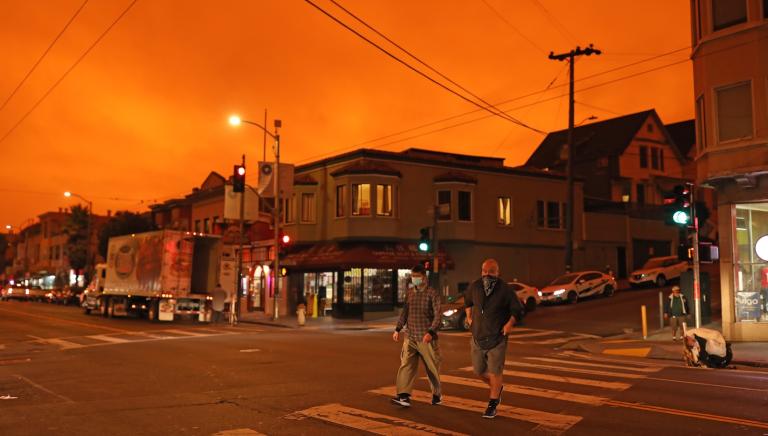 Did you hear that popping sound last Thursday? That was the sound of thousands of New York Times readers’ heads exploding after reading public editor Arthur Brisbane’s piece on whether the paper has an obligation to challenge falsehoods at the risk of being a labeled a “truth vigilante.”
Did you hear that popping sound last Thursday? That was the sound of thousands of New York Times readers’ heads exploding after reading public editor Arthur Brisbane’s piece on whether the paper has an obligation to challenge falsehoods at the risk of being a labeled a “truth vigilante.”
Obvious, laughable, and ridiculous were just a handful of the responses to his piece across the internet.
But there’s another word to describe it: enlightening. Brisbane’s post offered a peek behind the curtain at how the mainstream media perceives objectivity. In short, it’s akin to stenography.
While the concept of reporter-as-stenographer isn’t necessarily news, seeing it laid so bare in the public eye is. And the roar of the response is a sign of the pent-up frustration many people have with the way our media functions.
It’s easy to understand why. Stenographic objectivity has given rise to a feedback loop, which certain groups have figured out how to take advantage of, gridlocking any meaningful action on a number of issues. In the past few years, one of the more egregious examples of this has been seen with climate change.
You probably know the script by now. An array of groups and people like the American Petroleum Institute, the Koch brothers, and the U.S. Chamber of Commerce have skipped out on funding research in favor of spending money on a message of climate denial. Why skip the research? Because it’s the message that matters when fact checking takes a backseat.
These groups succeeded in pulling together a few “experts” to spread their messages. Once printed, they became “facts,” which made it safe for conservative politicians to pick them up and run with them. After all, if it’s printed in the Paper of Record, it must be true, right?
The result? A 7 to 10 percent drop in the number of people in the U.S. who accept the science of global warming over a three-year period, and increased confusion [PDF] about how much debate there is in the science community. All this despite the fact that 97 percent of climate scientists (you know, people who do actual research) subscribe to the theory of human-induced climate change.
Brisbane’s piece makes clear how the media helped get us here. Now the bigger question is whether the response to it will change the equation.
Luckily, there were more than a handful of journalists who agreed with the outcry surrounding Brisbane’s piece (and his almost-as-mind-blowing follow-up). No reporter wants to betray readers, but as newsrooms shrink (shedding niche positions such as science reporters), and as the hive mind of Twitter nips at journalists’ heels, stenographic objectivity has become more of a priority than rigorous fact checking.
However, there’s hope that we could be hitting a tipping point where the phrase “this is not true” could enter the reporter’s vocabulary. The Occupy movement has gotten the media talking about the growing income inequality in the U.S. While the response to Brisbane’s article might not count as a mass protest (yet), it certainly could plant the seeds for journalists to reexamine their concept of objectivity.
To expedite a transition when it comes to climate coverage, scientists also have a role to play in redefining objectivity. There’s been plenty of debate over whether scientists should push back against climate deniers, and if so, how hard. If the response to Brisbane’s piece is any indication, the answer is yes, and as hard as possible.
The planet is unequivocally warming and human activities are the cause. Yes, there are uncertainties as to the exact magnitude, but the trend is clear and unmistakable. Even more importantly, large majorities of climate and earth scientists accept the evidence that humans are causing these changes.
These are the facts, and scientists shouldn’t be afraid cite them. And they also shouldn’t be afraid to call attention to the fact that there’s a lot of bluster but very little quality science being done by skeptics and deniers. While not every reporter is well-versed in climate science, most should be able to step back from the story and see the truth for what it is. With a little nudge from scientists, perhaps they’ll actually do it.
We can’t expect to fix climate coverage overnight, but both reporters and scientists ought to the make the effort. Given the reaction generated by Brisbane’s piece, there may be no better time than now.




